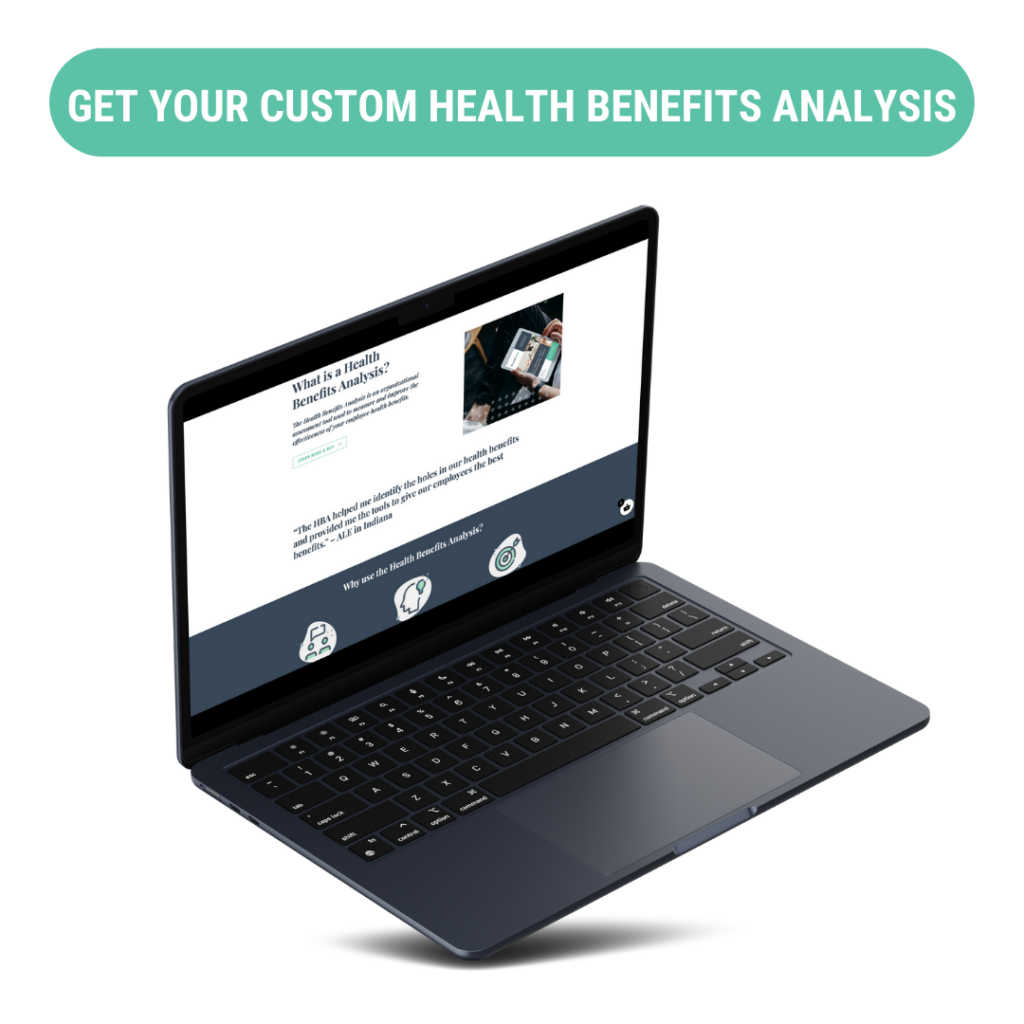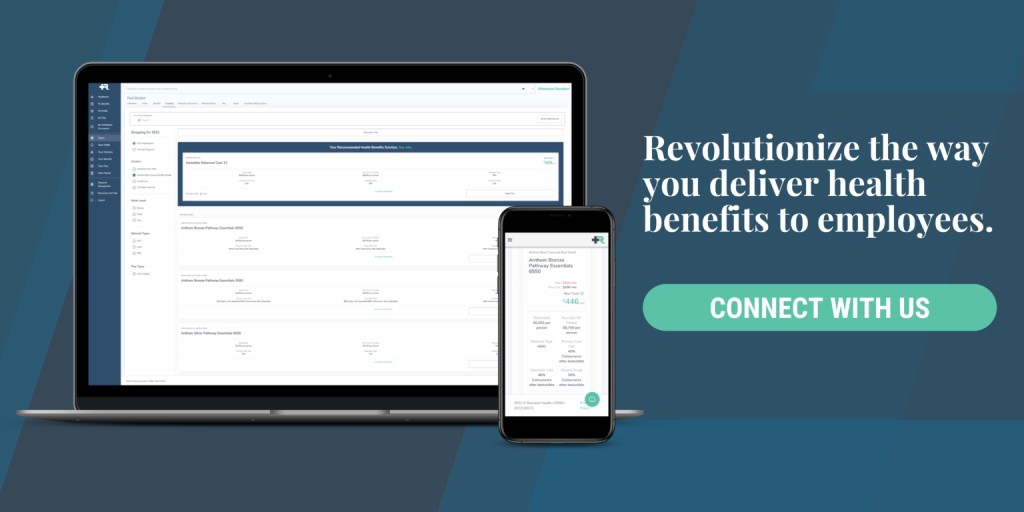Nothing can feel scarier than the “what ifs” in life, particularly with health insurance, but even more so when it comes to the medicine we need every month. If you’ve been nervous about losing your Rx coverage, keep reading! These tips below will help to simplify the complex world of pharmaceuticals — and might even save you money.
1. Confirm the Details
It’s no surprise to anyone that health insurance is confusing, especially when there is a large margin of error when it comes to the accuracy of the information you may receive about your plan. It’s important to remember that this is because of the complexity of the ever-changing data. It often takes time for new information to update through the entire system.
Phone calls are the best way to ensure the information you’re getting regarding your Rx is accurate. It’s also helpful to have everything in writing so you don’t misunderstand or miss a detail. We recommend speaking with a specialist on the subject because they have the most up-to-date information. Once you have that information, we suggest you make sure to get confirmation again to ensure accuracy.
2. Generic is Better
If your mom was anything like mine, she truly believed that her preferred name-brand marinara had superior flavor to the generic. Maybe that was true for spaghetti sauce, but it’s not for medicine, and here’s why: any time a company creates a new medicine, they are only allowed to have their patent for 20 years. After that time, the patent is released and allowed to be used by any pharmaceutical manufacturer.
For example, the common seizure medicine Topamax, which can also be used to treat chronic migraines, actually uses the generic label of Topiramate. Whenever you see a generic label, it means two things: first, it’s been proven useful for over 20 years, which means the medicine works! Second, that medicine is now cheaper because the product is not being monopolized by one company. Competition always drives prices down. When it comes to Rx prescriptions, you should always take advantage of the generic option!

3. Alternative Options
Every year, your health insurance company will look at the latest research to see if there are viable alternatives to the medicines that cost them the most. When they determine this, the next step is to either increase the tier of your Rx coverage (which increases your cost) or remove it altogether. What this ultimately means is that they are trying to save a buck or two. But you can save some money as well!
Your health insurance company knows they can’t just cut medicines without viable alternatives, so they have done a lot of research on their decision. Blue Cross Blue Shield of Texas has a great example of what these annual changes can look like.
If you noticed that your Rx tier was changed, the next step is simply to see if there is a generic option. Look at the list of alternative suggestions with your doctor and begin to evaluate the possibility of transitioning to one of them, especially if there is a cheaper alternative.
4. Discounts Available
Something that has become very popular recently are “discount cards” offered by name-brand pharmaceutical companies. Many people think they are too good to be true, but the good news is that it actually can work — and pretty often. These discount programs combine alongside your current Rx coverage, but they do not work if your Rx is not covered on your insurance carrier’s formulary. (And if not, be sure to look for alternative options like we mentioned above.)
Researching, applying, and using the discount program can be pretty complex. But thankfully, there are also great services like our friends at Rx Help Centers who can help evaluate possible discounts for all of your prescriptions. You may be sitting on several great discount programs and not even know it!
5. Shop Around
Economics 101 teaches that part of getting lower prices to the consumer is healthy competition. But without transparent pricing, how can the consumer know what is best? Enter Good Rx, a company that serves consumers in an incredible way by allowing someone to search and compare medication prices at every pharmacy location.
For example, the generic version of Topamax would cost you $97.36 at Walgreens, even with a coupon. But guess what? You can get that exact same Rx at Walmart for just $9 with no coupon needed. Sometimes one pharmacy can be cheaper for one medicine and more expensive for another. The fundamental principle here is to always shop around! Find the best price, and be sure to do business with those pharmacies that give you the best rate.

